Nigeria team showcases lessons applied to family planning programming
Over the course of two weeks, the SHOPS Plus family planning team in Nigeria hosted five “pause and reflect” events in four cities, bringing together over 1,100 stakeholders. The stakeholders included providers, trainers, USAID, implementing partners, and officials from both the national and state governments.
At the start of the family planning program three years ago, SHOPS Plus adopted a learning cycle approach in which the program implementers periodically came together to reflect on, discuss, and learn from successes and challenges. Throughout the program’s implementation, the team used its learnings to make decisions, identify areas for improvement, solve problems, and adapt to the needs of the beneficiaries: the providers.
Lessons from the pause and reflect activities helped inform the three activities that supported family planning training: post-training follow up, supportive supervision visits, and audio job aids. Offering providers additional support after training enabled them to retain and improve their skills with the help of their trainers, supervisors, and coaches. Here are some selected quotes from participants in the pause and reflect events.
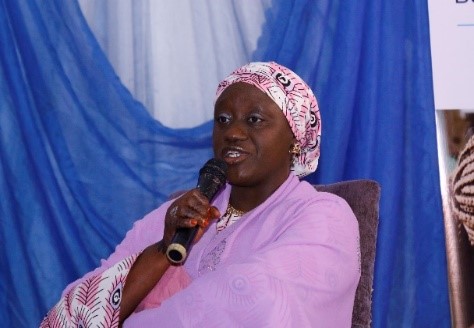
“At the initial [post-training follow up] you noticed there were a lot of mistakes, a lot of things that were not okay or not correct. If fact, there we realized that what we thought they would understand from the training was not actually there. So with subsequent [post-training follow ups], following up with them every month, gradually they now sharpen their skills and knowledge.”
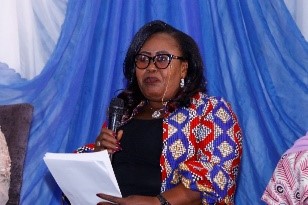
“With the training skills that I acquired, I was able to tactically [sic] correct wrongs and mistakes without making the client lose confidence in front of the provider.”

“The audio job aids have helped me a lot in updating my knowledge and giving me new ideas. For the things I have forgotten, it reminds me so it has helped me a lot and I wish that it continues.”
SHOPS Plus did more than train in purely clinical skills. Its training approach and post-training activities incorporated components on gender and provider bias, which helped providers improve the way they deliver family planning methods and increase women’s access to family planning. Here are selected quotes from the providers.
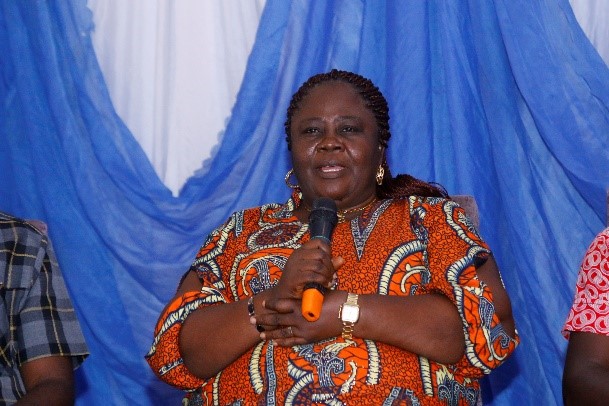
“After the training, the men are now involved. Before they were not. Because now they are involved as clients, as supportive partners, as agents of change in the community.”
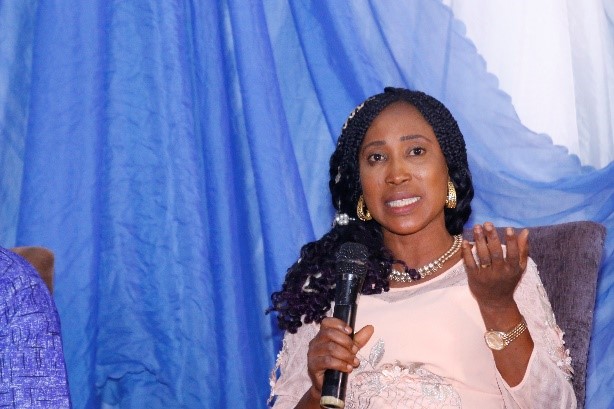
“Before the training, when the men came to our own facilities, I only [saw] them as a disturbance. I would just offer them condoms and explain how to use [them] because I believe they don’t have any methods to choose [from]. After the training I now realized that [men] are constructive agents that need help in family planning as well.”
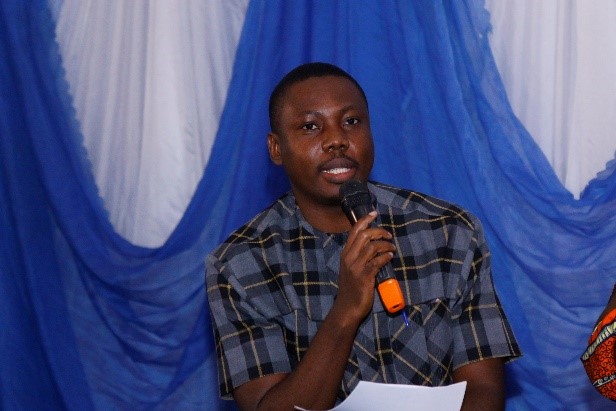
“I think personally for me I realized that when I stopped trying to convince the women and I acknowledged that it was her right to decide what she wants, then I realized that we are on the same page. I was trying to do what you want to do. I am only giving you the right information to operate within your rights.”
Learn more about activities in Nigeria
Read more about Provider Quality